In the competitive field of software engineering, getting a software engineering position at top-tier tech companies like FAANG (Facebook, Apple, Amazon, Netflix, and Google) or MAANG (Microsoft, Apple, Amazon, Netflix, and Google) requires a combination of technical skills, problem-solving abilities, and cultural fit.
In this article, we’ll explore the resources you need to prepare effectively for interviews at these coveted organizations.
Highlights
- FAANG/MAANG companies seek problem solvers, good communicators, and lifelong learners who embrace a “speak up and learn it all” culture.
- Technical preparation involves mastering data structures and algorithms (DSA) through platforms like LeetCode, AlgoExpert, and Grokking the Coding Interview.
- System design, low-level design, API design, and database design interviews require in-depth understanding and practice, supported by resources like Grokking the System Design Interview and real-world examples from companies like Stripe and Twitter.
What kind of engineers do FAANG/MAANG companies hire?
Well, let’s begin here. FAANG/MAANG companies seek engineers who not only excel technically but also thrive in their unique work environments. Here are the qualities they value:
- Problem Solvers: These companies look for individuals who can tackle complex problems with creativity and analytical thinking. Expect challenging coding interviews that test your problem-solving skills.
- Good Communicators: Effective communication is crucial. You’ll collaborate with cross-functional teams, so being able to articulate your ideas clearly is essential.
- Lifelong Learners: FAANG/MAANG companies appreciate candidates who have a growth mindset. They want engineers who continuously learn and adapt to new technologies and industry trends.
- Speak Up and Learn-It-All Culture: Unlike a “know-it-all” attitude, these companies encourage a culture where employees actively share ideas, learn from each other, and contribute to collective growth.
Technical preparation
Mastering Data Structures and Algorithms (DSA)
To prepare for coding interviews is a crucial step in interviewing, as these are the most frequently asked technical questions to test your problem-solving skills. Let’s break down the essential steps:
Solve LeetCode Problems:
Leetcode offers a vast collection of coding problems. Focus on medium-level problems, as they cover a wide range of topics. You can aim to solve at least 50+ of these problems.
You can find some suggested, curated lists of Leetcode questions that match different topics. For example, check out the 30-minute guide to rocking your next coding interview on freeCodeCamp. It includes a list of Leetcode questions for each major topic.
Here is a suggested list of leetcode problems and important questions analyzed in a sheet, and you can access it here. You may also watch some of the YouTube videos on how to crack the coding interview to find your own unique way to crack it.
Some of the learning platforms that will help you practice the questions are: AlgoExpert, provides 200 handpicked questions. If you want to prepare quickly with high-quality questions, this resource is valuable.
Grokking the Coding Interview:
One of the amazing books out there you can explore. It covers various coding problems, organized based on coding patterns. You can find it here.
You can use generative AI for prep, such as Copilot, ChatGPT, and many more out there.
System design interview
Once you’ve tackled coding interviews, shift your attention to system design. Learn from experts through their comprehensive courses on system design interview preparation. Dive into real-life case studies and step-by-step discussions to develop a strong foundation in system design principles.
You can check out these resources; they cover almost all the important topics you may need to ace your interview.
Grokking the System Design Interview
Ace your next system design interview
AlgoExpert – SystemsExpert Content
Low-level design interview
You can hone your skills in low-level design by exploring resources like Grokking the Object-Oriented Design Interview. Delve into detailed case studies and practice drawing UML diagrams to reinforce your understanding of object-oriented design concepts.
API design interview
For API design, familiarize yourself with best practices and implementation guidelines through online resources and real-world examples from companies like Stripe and Twitter’s API documentation.
Follow expert advice to ensure your API designs are robust and efficient.
Database design interview
When you prepare for a database design interview, you should consider following this concise advice:
Understand Normalization: Familiarize yourself with normal forms (1NF, 2NF, 3NF) and their implications.
Indexing Strategies: Learn about different indexing techniques (B-tree, hash, etc.) and when to use them.
Data Modeling: Practice creating ER diagrams and translating them into relational schemas.
Scaling Considerations: Understand how to handle scalability, sharding, and replication.
ACID Properties: Know the basics of transaction management (ACID properties).
You can try practicing drawing relational schema on DrawSQL.
Behavioral interview
Behavioral interviews evaluate your soft skills and cultural fit within the company. You can watch videos from interview coaches like Jeff H. Sipe for insights into common behavioral questions.
Utilize online platforms like Glassdoor for company-specific interview experiences and tips. Practice storytelling and showcasing your experiences effectively.
Take away
Important DSA topics
Array, Binary Search, Sliding Window, Matrix, Two Pointer, Intervals, Hash Map, String, DP, Trees, Graph, Stack, Queue, and Heap.
Conclusion
In the end, preparing for a software engineering role at FAANG/MAANG companies requires a multifaceted approach, encompassing technical skills, system design knowledge, and behavioral competency.
